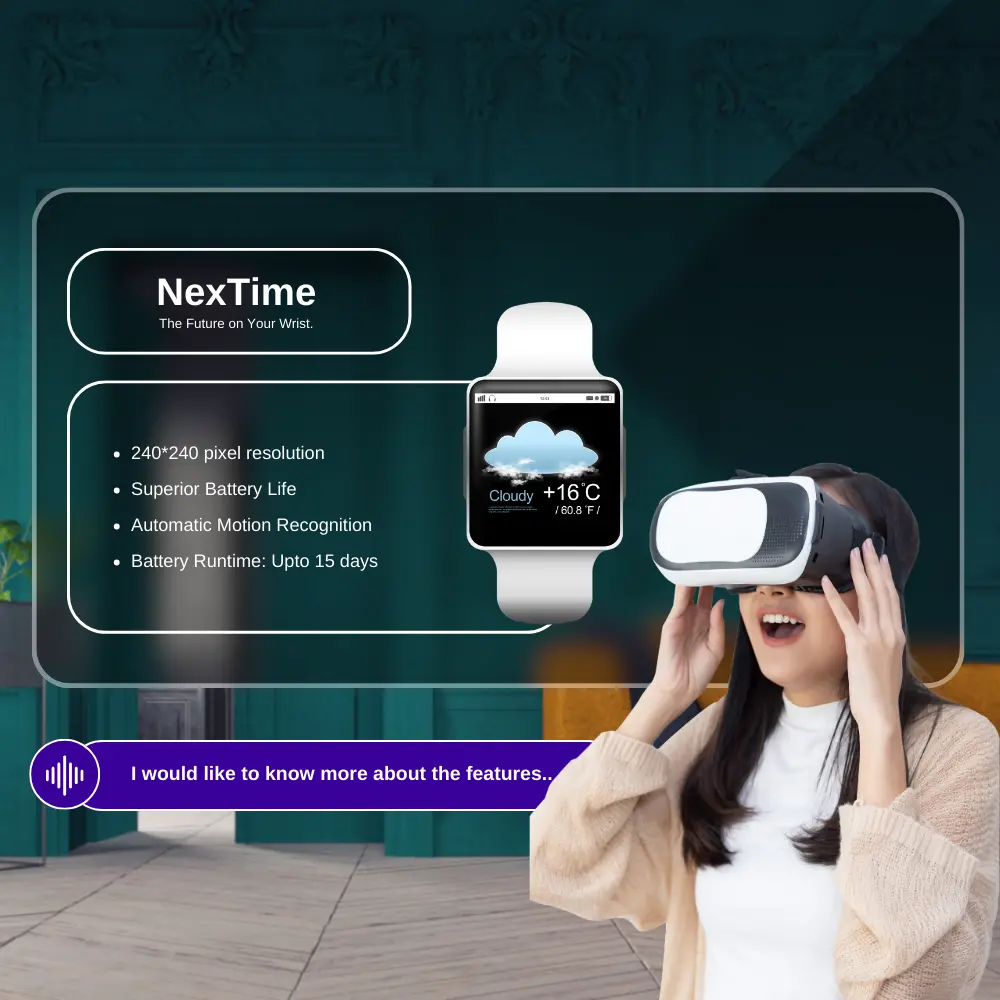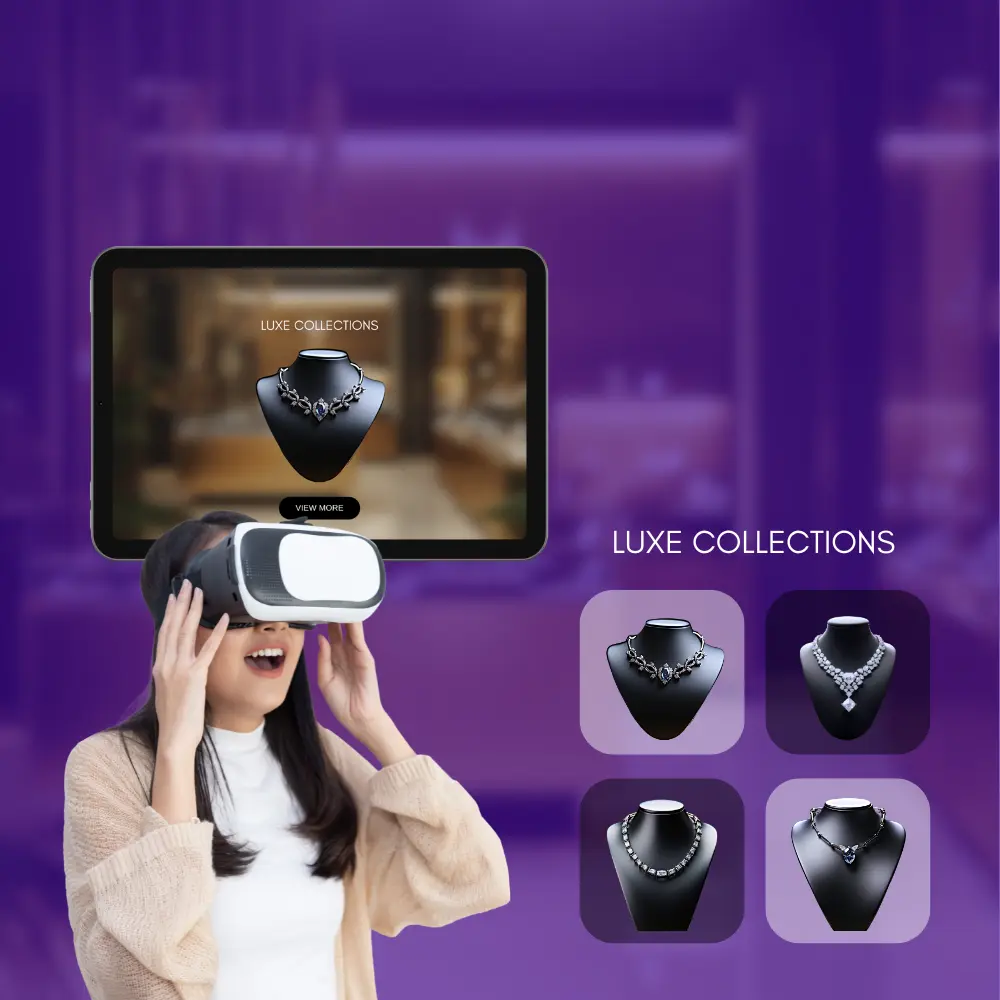Core idea of this paper:
To understand the customer perception of buying products related to three categories i.e. shopping, convenience and specialty from the e-commerce websites.
To evaluate the potential of emerging technologies like AR and VR to enrich the online buying experience.

The challenge
In recent years, the retail landscape has witnessed a profound shift in customer behaviour and purchasing patterns. The growing preference for online shopping has not only altered consumer expectations but also redefined traditional retail frameworks. Retailers now face the challenge of adapting to this digital-first approach while ensuring a seamless and engaging experience across all touchpoints.
E-Commerce in the Digital Era
While consumers show a strong preference for familiar brands offering competitive prices, discounts, and guaranteed quality, their sentiment towards technological interventions in e-commerce is largely positive, especially with the use of AI, AR, and VR. Customers are preferring brands that focus on delivering curated, relevant offers and personalized experiences. Faster delivery, particularly for perishable goods, is also a key factor in driving online purchase adoption. Retailers should leverage AI to gain insights into customer behaviour, ensuring products match descriptions and enhancing personalization to improve customer acquisition and satisfaction.
Customers had a positive opinion regarding the recommendations of Virtual sales Avatar for online purchases.
Customers mentioned preferring online purchases to physical in-store if they had the option to view the 3D image of the product.
Predictions
AI will play a crucial role in revolutionizing the retail industry, driving personalization, and improving customer engagement. Predictive analytics and machine learning will enable retailers to offer highly tailored shopping experiences, with customized product recommendations and dynamic pricing models. AI-powered chatbots and virtual assistants are expected to become essential tools for round-the-clock customer support, enhancing the shopping journey. As technology advances, AI will help retailers streamline operations, reduce costs, and deliver data-driven solutions to meet the evolving expectations of digital-first consumers.

